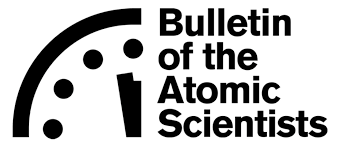 Russia’s full-scale invasion of Ukraine has inflicted much suffering, amplified international divisions, and made any attempt to build common security extremely difficult. Moscow’s war on Ukraine also hobbled several arms control and security agreements—including, now, the Vienna Document.
Russia’s full-scale invasion of Ukraine has inflicted much suffering, amplified international divisions, and made any attempt to build common security extremely difficult. Moscow’s war on Ukraine also hobbled several arms control and security agreements—including, now, the Vienna Document.
Hosted by the Organization for Security and Co-operation in Europe (OSCE), the Vienna Document is a confidence- and security-building mechanism that allows participants to observe and notify each other about their military exercises and other relevant activities to prevent misinterpretation of each other’s military movements. The Vienna Document’s application zone spans the whole of Europe as well as the adjoining sea area and airspace. Participants must also share information about their armed forces and their defense budgets through the OSCE communications network, which is used by all participating countries to receive notifications.
The Vienna Document was founded in 1990 and is often seen as parallel to the Conventional Forces in Europe Treaty and the Open Skies Treaty in regard to establishing an “overarching” architecture of conventional arms control. The document was eventually adopted by the 57 OSCE participating countries as a politically binding agreement.
Despite its diminishing value after Russia suspended visits to verify the data exchange in early January 2022, the Vienna Document is arguably one of the few conventional risk-reduction tools that had resisted the tumultuous changes in the European security environment. Until it did not.
Read the full op-ed, published March 24, 2023, in Bulletin of the Atomic Scientists.
